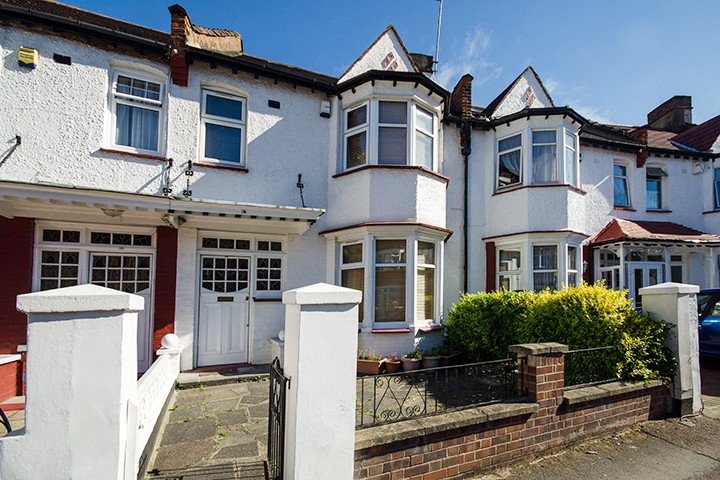



If you have inherited a house in the United Kingdom and your sibling is living with you, then you might think about buying them out. This can be achieved through either a sale of the property or a buy-to-let lease. However, there are certain procedures that must be adhered to before any money changes hands. The purpose of this article is to help answer some of the questions that may arise during this process. What can happen if the agreement fails? Who will pay the inheritance tax? How much will it cost to buy them out? Do I have to live in my parent's home? We'll try to answer these questions and more so that your future as an inheritor of your family home will be safe and secure.
The process of buying out a sibling is relatively straightforward, though there are some things to be aware of before you begin.
Firstly, the house must be registered in both your and your sibling's name. This can be achieved by either registering the property in joint names or transferring ownership of the house to one person on a buy-to-let lease. In addition, all outstanding mortgages need to be cleared before you can receive any money from them - this will affect how much you will receive from the sale.
Next, it is important that you ensure that your parent's assets are distributed equally between siblings - it is not possible to sell the house without taking their inheritance into account. Finally, if there is more than one sibling then they will need to agree on how they want to divide their inheritances - this may involve selling the property and dividing the profits or paying off debts with an interest-free loan from each other. If there is not an agreement, then courts will intervene and decide what needs to happen.
If everything goes well with this process, then you can expect that your sibling will receive about 2/3rds of what they would have received had you sold the house yourself. And finally, if your parents left a Will, then it should state who inherits what portion of their estate (in most cases, it should be split equally among children).
If you and your sibling cannot come to an agreement on their buy-out, then it is likely that the courts will have to make a decision. The court will look at the details of the case before them and decide whether or not you should purchase your sibling out. If you are unable to reach a suitable agreement, then the court will most likely compel you to buy them out or give them their share.
The inheritance tax is calculated by subtracting the value of your parents' estate from the value of their home (called the 'smaller interest'), and then multiplying it by 20%. The resulting figure is what you will have to pay in tax. For example, if the house was worth £250,000, and your parents' estate was worth £100,000, you would be left with a taxable sum of £200,000. Similarly to income tax brackets, inheritance tax rates are tiered. Depending on how much you inherit from your parents (in this case, up to 40%), you will be taxed at 10%, 40% or 45%. If you're inheriting more than £325,000 (£650,000 for couples), you'll be taxed at 45%.
Are there any other fees I should know about?
There's no set fee that must be paid to buy out your sibling. It all depends on the agreement made between the two parties involved. A solicitor could help negotiate and draft an agreement before any money changes hands. However, it may still cost a little more than usual because UK law requires that solicitors draw up a deed of release when they're drafting agreements between co-owners in property. Keep in mind that buying out your sibling can be complicated if you don't have a good relationship with them and are unable to come to reasonable terms.
What happens if we can't agree on a price?
If both parties cannot come to an agreement
The cost of buying your sibling out will depend on your circumstances. It is important to consider a few factors before making an agreement with them. This includes the price of the house, the market value and any outstanding mortgage, as well as how you want to deal with any inheritance tax obligations.
If you are looking for a straightforward answer to this question, then you should plan to offer about £100,000 for every bedroom in the house. For example, if there are four bedrooms in your parent's home, then it would cost about £400,000 to buy them out.
One of the most common questions that people have when inheriting a property is whether or not they have to live in it. The answer to this question is usually no, but there are certain circumstances where you would be required to stay in the property. For example, if your siblings are still living with you and you inherit the property, then you will be obligated to remain in it until your siblings can afford to buy you out. This could mean years of waiting before they're able to purchase your share.
Another circumstance where you may be required to stay in the gained property is if all heirs are joint tenants. Joint tenancy means that each person owns 50% of the property and when one person dies their share goes back into the other's share. If this is the case, then both co-owners must agree on how their shares should be divided up between them and what percentage each party should own.
Buying out a sibling from a parent's house can be a difficult process. And if you don't do it right, you could end up paying more than you intended. To avoid this, make sure you understand the process and all the potential consequences in advance.